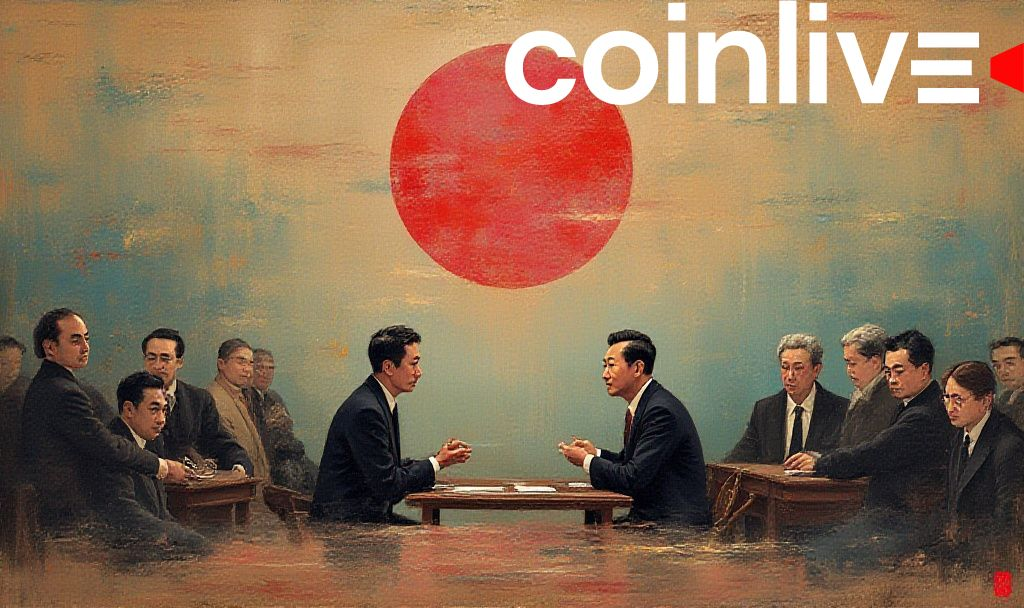- Japan aims to ease U.S. car import rules; impacts trade negotiations.
- Potential changes might benefit U.S. automakers in Japan.
- Market reactions remain uncertain without evident crypto asset impact.

Japan’s government is assessing the relaxation of import rules for U.S. cars, as reported on April 19, 2025, involving trade discussions between Japanese policymakers and the Trump administration.
Japan’s consideration of easing import rules for American cars could reshape its automotive market and trade relations between the nations. Immediate market reactions remain limited.
Potential Changes in Import Standards
The Japanese government is contemplating changes to its vehicle import standards that could allow U.S. cars to bypass certain non-tariff barriers. This initiative aims to facilitate entry into Japan’s market for American automakers. The move aligns with longstanding demands for more equitable trade practices between the two countries. U.S. Commerce Secretary Howard Lutnick has publicly discussed the issue, emphasizing a fair trade environment, stating:
“That would be fair, right? If you’re going to tariff cars from anywhere, it’s got to be tariffing cars from everywhere. That’s the whole point. It’s bring it home. Don’t make it so that Japan has an unfair advantage over Korea or Germany or anywhere.”
This proposal may see Japan allowing U.S. vehicles to adhere to American rather than Japanese safety standards.
Implications for the Automotive Industry
The Japanese market’s response to this potential policy shift may hinge on whether it effectively lowers entry barriers for American automakers. Analysts suggest that aligning import rules could influence automotive competition within Japan. This development also carries implications for the electric vehicle sector, where reduced regulatory hurdles could shift economic dynamics. While primary data lacks indications of immediate crypto market impact, geopolitical trade shifts historically trigger broader economic responses. Observers will monitor potential regulatory adjustments and their industry effects in the coming months. Historical trends suggest macro-level geopolitical actions often drive market volatility, though direct impacts on crypto assets remain unconfirmed.







